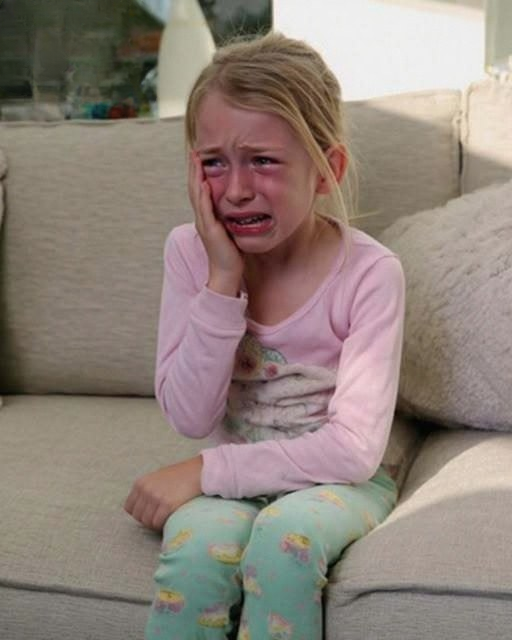Sometimes, technology has to speak louder than words.
I’m 46, happily married to my incredible wife, Laura, and we have a wonderful daughter, Zoey, 14. For years, our home was exactly what I had dreamed of—Laura humming softly while cooking, Zoey sprawled on the living room carpet immersed in her artwork, and me coming home from work to the warm sound of their laughter echoing through the house.
Everything changed about ten months ago when my wife’s brother, Sammy, went through a messy divorce. Sammy had never been reliable—jumping from job to job, chasing quick-money schemes—while his ex-wife, Sarah, carried the household and raised their twins, Olivia and Sloane. After the divorce, Sarah kept the house and the twins, leaving Sammy financially strained and responsible for two entitled sixteen-year-olds.
Laura, as always, had a soft heart. “David, please,” she said one evening, eyes glistening. “They’re family. I can’t let them end up in a motel. It’ll only be a few weeks until he gets back on his feet.”
I agreed, believing it was the right thing. But from day one, Zoey faced a storm.
The twins treated our home as their playground and Zoey as someone to serve. They barged into her room without knocking, rifled through drawers, broke her art supplies, and returned her sweaters stained. Her laptop was taken “for homework” and returned smudged. When Zoey politely asked them to stop, they smiled with practiced teenage cruelty.
“Relax, sweetheart,” Olivia said. “It’s just clothes.”
“Oh, don’t be so spoiled,” Sloane chimed in.
Within two weeks, Zoey was in tears nearly every day. “Dad, they keep taking my stuff,” she whispered. “They even laughed at my drawings.”
I confronted Sammy. He laughed it off. “Teenage girls are like that. It’s bonding, really.” Laura, too, brushed it aside. “Maybe Zoey isn’t used to having cousins around. Try to share a little,” she said.
But Zoey knew the truth. She was being bullied in her own home, and the adults were ignoring it.
Words alone weren’t enough. Evidence was needed.
I bought three tiny, high-definition hidden cameras with night vision and audio—one in her room, one in the hallway, and one in the living room. Within three days, the cameras revealed the truth: the twins barging into Zoey’s room, reading her private journal aloud, tossing her clothes, even breaking her laptop. One clip showed Olivia shoving Zoey back into a dresser while giggling.
I sat shaking as I watched, knowing my daughter had been honest all along.
A week later, I announced a “family movie night.” Instead of Netflix, I played the footage on the big screen. At first, Laura and Sammy laughed, thinking it was a joke. But soon, the twins appeared on screen, caught in every act of cruelty.
Zoey whispered, “That’s what I was trying to tell you.”
Sloane protested. “Turn it off!” Too late. The truth was undeniable.
“You and your daughters,” I said quietly, “pack your things. We’re leaving tonight.”
Within two hours, they were gone. Sammy muttered excuses, Olivia cried briefly, and Sloane remained silent. Laura held Zoey close, finally realizing how wrong she’d been.
That night, as I tucked away the cameras, I understood something important: sometimes fatherhood means doing whatever it takes to ensure your child’s voice is heard—even when the adults around them fail to listen.
Zoey felt safe again. And for the first time in weeks, our home felt like home.
